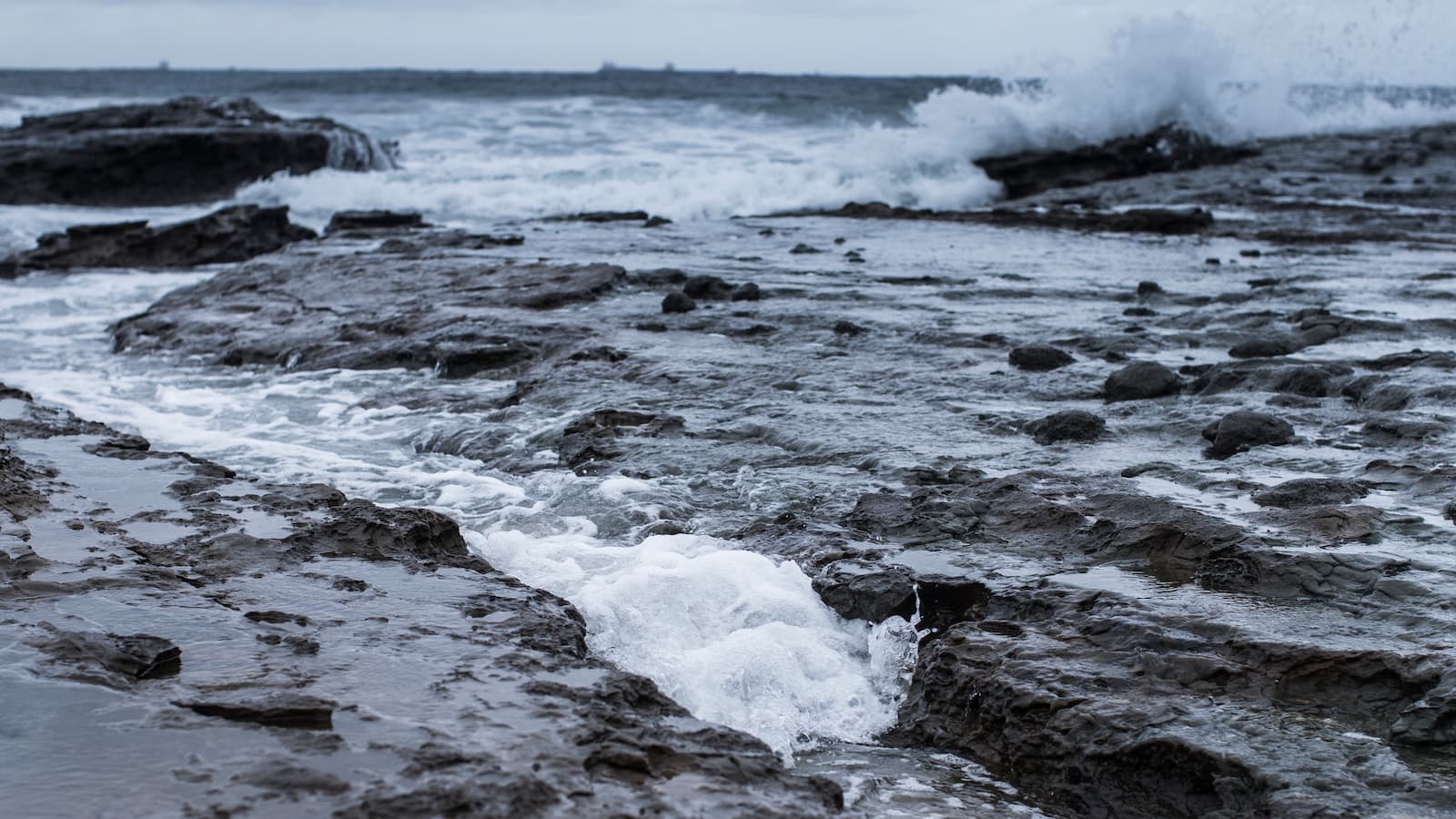July 18, 2025
Four UOW researchers named among Australia’s 100 Future Fellows
Projects secure $5 million in funding to support cutting-edge research in ocean governance, clean energy, geometry, and resilient communities
Four 51˛čąÝ (UOW) researchers have secured prestigious fellowships from the Australian Research Council (ARC) to support their ongoing research in fields critical to the nation’s future. , , , and are among the 100 new Future Fellows from around the country. Across the four projects, the researchers have secured more than $5 million in funding for their work, which will drive Australia’s research and innovation capability.
“These research projects address some of the most urgent issues facing our world, from climate change to sustainable energy and resilient communities. The ARC Fellowships will empower them to push the boundaries of knowledge and deliver outcomes that benefit society, both locally and globally,” said UOW Interim Deputy Vice-Chancellor and Vice President (Research and Sustainable Futures) Dr Paul Di Pietro.
Associate Professor Michelle Voyer, Australian National Centre for Ocean Resources and Security
Innovations in ocean governance for sustainable and equitable blue futures, $1,273,311
This project explores new ways to manage our oceans that are fairer, more inclusive, and better for the environment. By looking at innovative approaches like Indigenous co-governance and community engagement, the research aims to protect ocean resources and build public trust in how our oceans are cared for.
Associate Professor Sonia Graham, School of Social Sciences
Unlocking community-wide adaptation to sea-level rise, $1,282,038
This project will help coastal communities adapt to rising sea levels by understanding what matters most to groups who are often left out of planning, such as Indigenous peoples, migrants, renters, and young people. By finding new ways to bring different voices together, the research aims to develop fairer and more effective solutions for protecting Australia’s coastlines.
Dr Sinead Keaveney, School of Science
Mechanism-guided reaction design - next generation nickel catalysis, $1,105,646
This project aims to make chemical manufacturing more affordable and sustainable by developing new ways to use nickel - a metal that is abundant in Australia - as a catalyst. By unlocking the potential of nickel, the research could help Australia lead the way in greener, more efficient chemical production.
Dr Glen Wheeler, School of Mathematics and Applied Statistics
New directions in geometric flows, $1,047,398
This project will explore how shapes change and adapt under different forces, using advanced mathematical techniques inspired by everyday examples like bubbles and rubber bands. By tackling major unsolved problems in mathematics, the research aims to deepen our understanding of geometry and open up new possibilities for scientific discovery.
